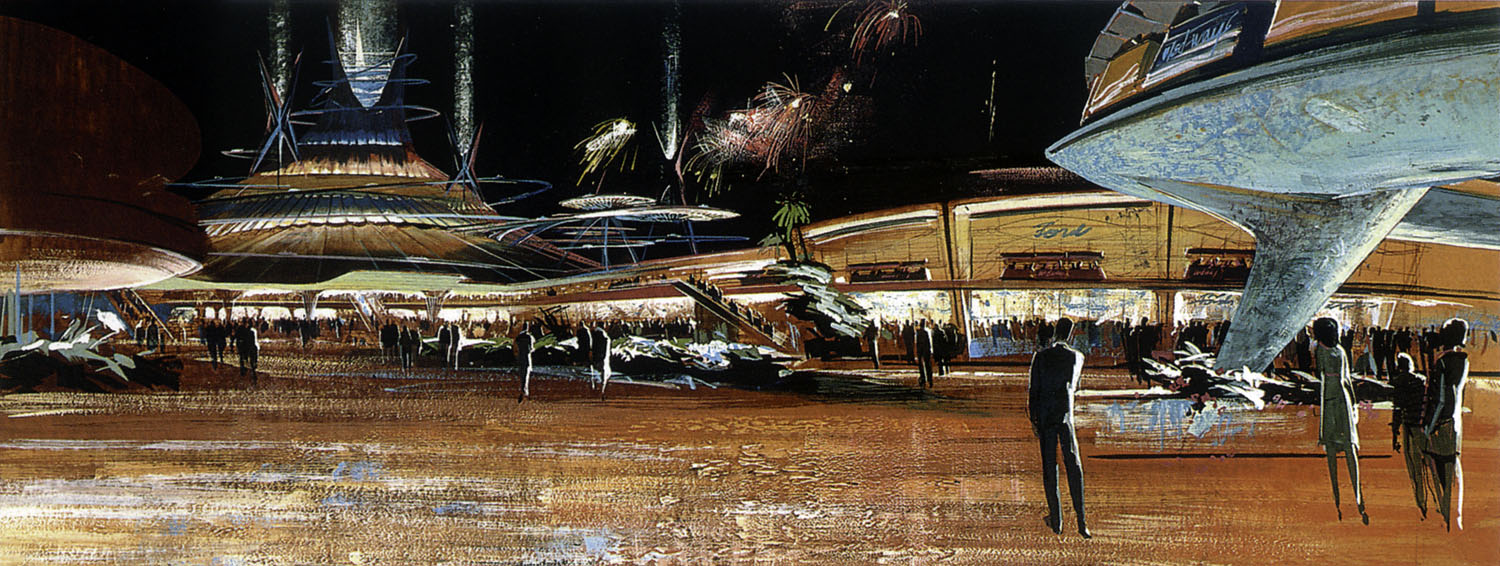Just as good as Russ Roberts’ EconTalk episode with David Epstein is his recent show with economist Tyler Cowen, whose new book, Average Is Over, looks at life in a more-autonomous future. The guest sees the coming years being increasingly meritocratic, though with merit having shifted from those who are great to those who great at interfacing with machines. On that point is an exchange about freestyle chess, in which a human and computer team up to challenge another computer. Cowen points out that the best human players usually don’t fare too well in these competitions, and are often outdone by lesser players who are superior at knowing when to trust their non-human partner. Cowen guesses at future population distribution in the U.S. and how cities will change, and explains why he thinks income inequality is rising at the same time that crime rates are falling. He’s optimistic about life in 50-70 years, but believes the next few decades will be a painful mix of positives and negatives.
I doubt we’ll ever really be a meritocracy. Even if we were, the idea that a small number of us, 15% or so, will flourish and have tremendous advantages and the rest will be second-class citizens with very nice toys and tools, just makes me sad. Even if it means that we’re wealthier in the aggregate, I still feel depressed about it. Beautiful cities where no poor people can afford to live doesn’t sound Utopian to me. Listen here.
Tags: Russ Roberts, Tyler Cowen

